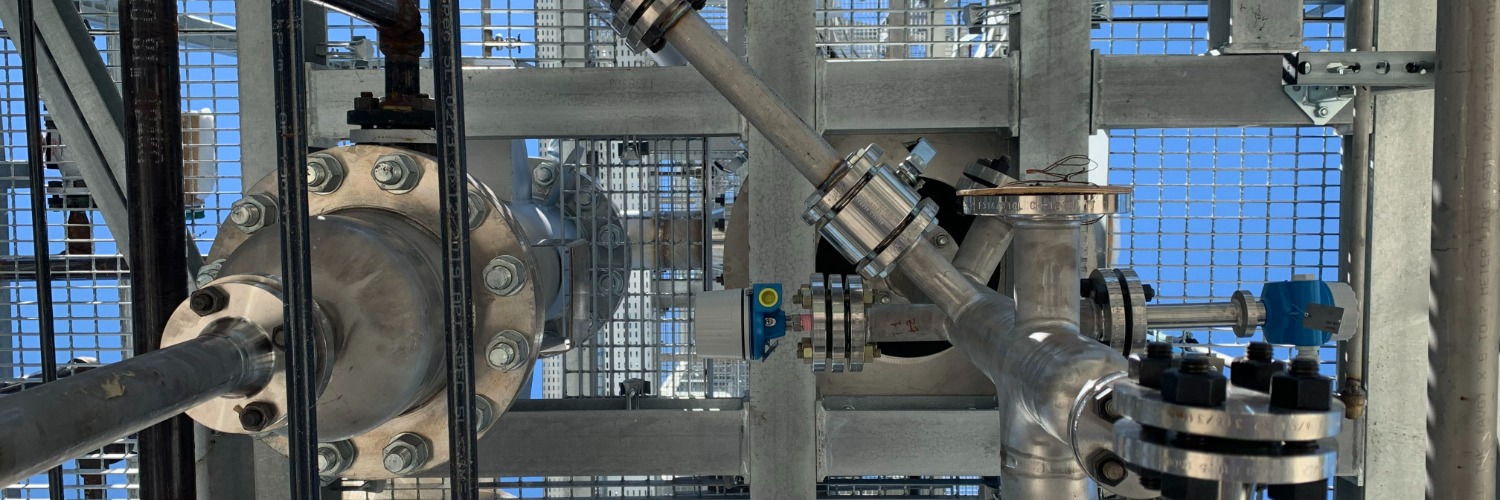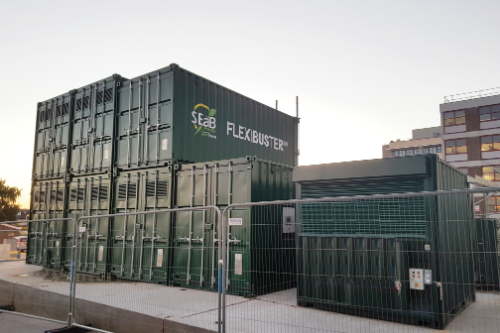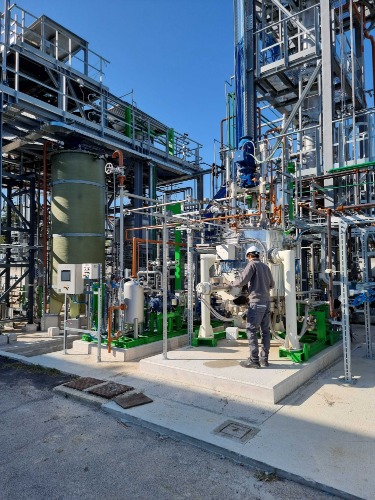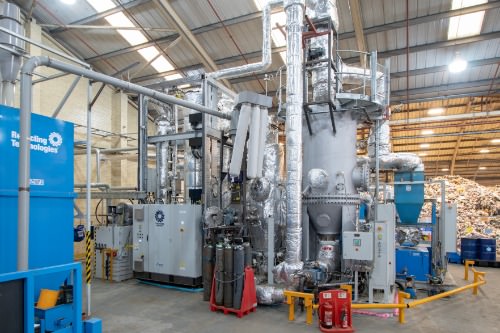The Solutions Explorer lets you create alerts that match your needs. You can create several alerts and you will receive a notification each time a new Solar Impulse Efficient Solutions is labeled and matches your filters.
Your Search Alerts will show up here.
Sign in to create alerts for your filters and search terms.
Sign inDon't have an account?
Sign upMADE (Microwave Assisted DEpolymerization)
A microwave-assisted alkaline hydrolysis for an economically viable recycling process of PET



01.
Identification
The Solution aims at providing a sustainable, and profitable option for recycling polyester, with a particular focus on what mechanical recycling is not able to treat. This Solution relies on microwave-assisted alkaline hydrolysis to go back to terephthalic acid and ethylene glycol, saving up to 60% of CO2 emission compared with the existing production processes. This allows us to go back to what is normally used to produce PET and polyester fibers with a purity as high as the one from fossil fuels. Re-polymerizing the molecules it is possible to obtain a new polyester without using oil (at least 0 kg of petroleum naphtha per Kg of PET produced) and with the same quality (i.e., physical-mechanical properties, scrap rate, etc.).
- Video
- /
- Images
Label Date
December 5, 2022
By
Gr3n SA
From
Switzerland
Maturity stage
Prototype testing in the real world
Looking For
Network, Visibility, Funding, Partners, Credibility
02.
The environmental benefits
- •Microwave assisted alkaline hydrolysis can provide full depolymerization in 10 minutes, faster compared to existing technologies.
- •60% reduction of CO2 emission compared with the production of TPA and MEG from fossil fuels
- •Around 100% of all the chemical recovered and reused in the process
03.
The Financial benefits
- •Less than 6 years payback period
- •Competitive costs with TPA and MEG from fossil fuels
- •Polyester waste disposal up to 40% lower compared to landfilling and incineration
05.
Company Profile
Gr3n SA
An innovative process that provides an economically viable solution for recycling Polyethylene Terephthalate (PET).
View company profile Solution website
Headquarters
6830 Chiasso, Switzerland
06.
Related Topics
07.
Complementary solutions

May 2018
SEAB Energy - Flexibuster
A small-scale modular container for transforming organic waste into energy
- Utilities (Water, Energy, Waste)
- Agrifood & Natural Environment
Sector
Application
Target client profile
Tags
Share
Contact the Solution Provider
Add to Favorites
The information set out above, is solely for the purposes of information and the Solar Impulse Foundation does not provide any guarantee as to its authenticity, completeness or accuracy. This information does not constitute investment advice or a recommendation to buy into, transact or to enter into any agreement with any of the parties or persons mentioned above. Potential investors or interested parties are solely responsible for their investment or business decisions and for performing any due diligence required by the circumstances. The innovator Gr3n SA has asserted ownership of the intellectual property rights for images, videos, and content showcased above, affirming full and unrestricted usage rights, and has provided explicit permission for the Solar Impulse Foundation to publish such information designated as "public" in the application form.







